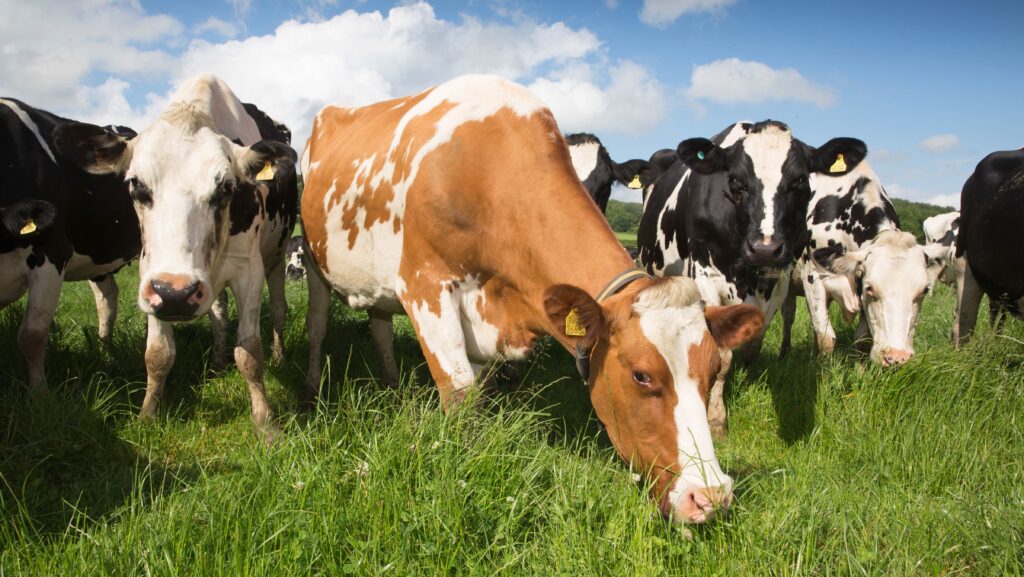BSE case confirmed on farm in Scotland
 © Tim Scrivener
© Tim Scrivener A case of classical bovine spongiform encephalopathy (BSE) has been confirmed by the Scottish government on a farm in Ayrshire, Scotland.
It was identified as part of routine testing and the animal has not entered the food supply chain and does not pose a risk to human health.
See also: GB application for ‘negligible’ BSE status hangs in balance
Movement restrictions have been put in place on farm as well as at the animal’s original farm and two further farms that had access to the same animal feed.
Consumption of contaminated feed is deemed to be the principle route for an animal to become infected with BSE by the World Organisation of Animal Health.
Any offspring and cohorts of the animal have been traced, isolated and will be destroyed.
Scottish agriculture minister Jim Fairlie said: “Following confirmation of a case of classical BSE in Ayrshire, the Scottish government and other agencies took swift and robust action to protect the agriculture sector.
“This included establishing a precautionary movement ban on the farm.
“The fact we identified this isolated case so quickly is proof that our surveillance system for detecting this type of disease is working effectively.
“I want to thank the animal’s owner for their diligence. Their decisive action has allowed us to identify and isolate the case at speed, which has minimised its impact on the wider industry.”
Market access
An outbreak of BSE could potentially have implications for market access for British products to certain export destinations.
Last year, Britain’s application for “BSE negligible risk status” was delayed by the World Organisation of Animal Health until at least 2025, and this latest outbreak could create further issues.
In November 2023, beef exports from the Republic of Ireland to China were suspended as a result of a case of atypical BSE.
Consumer confidence
Ian McWatt, deputy chief executive of Food Standards Scotland, said: “There are strict controls in place to protect consumers from the risk of BSE, including controls on animal feed, and removal of the parts of cattle most likely to carry BSE infectivity.
“Consumers can be reassured these important protection measures remain in place and that Food Standards Scotland official veterinarians and meat hygiene inspectors working in all abattoirs in Scotland will continue to ensure that in respect of BSE controls, the safety of consumers remains a priority.”
Chief veterinary officer Sheila Voas added: “I want to reassure both farmers and the public that the risk associated with this isolated case is minimal.
“But, if any farmers are concerned, I would urge them to seek veterinary advice.”
